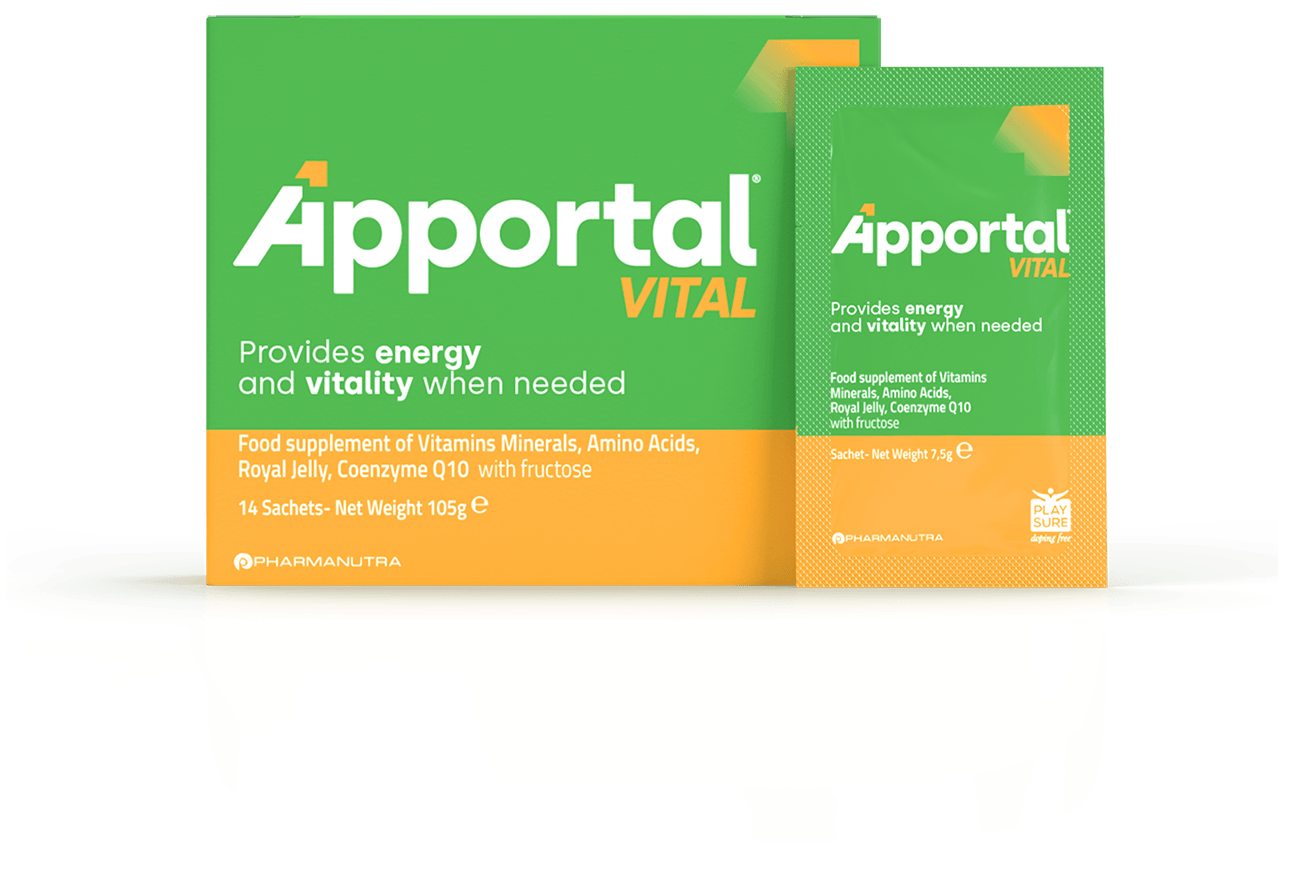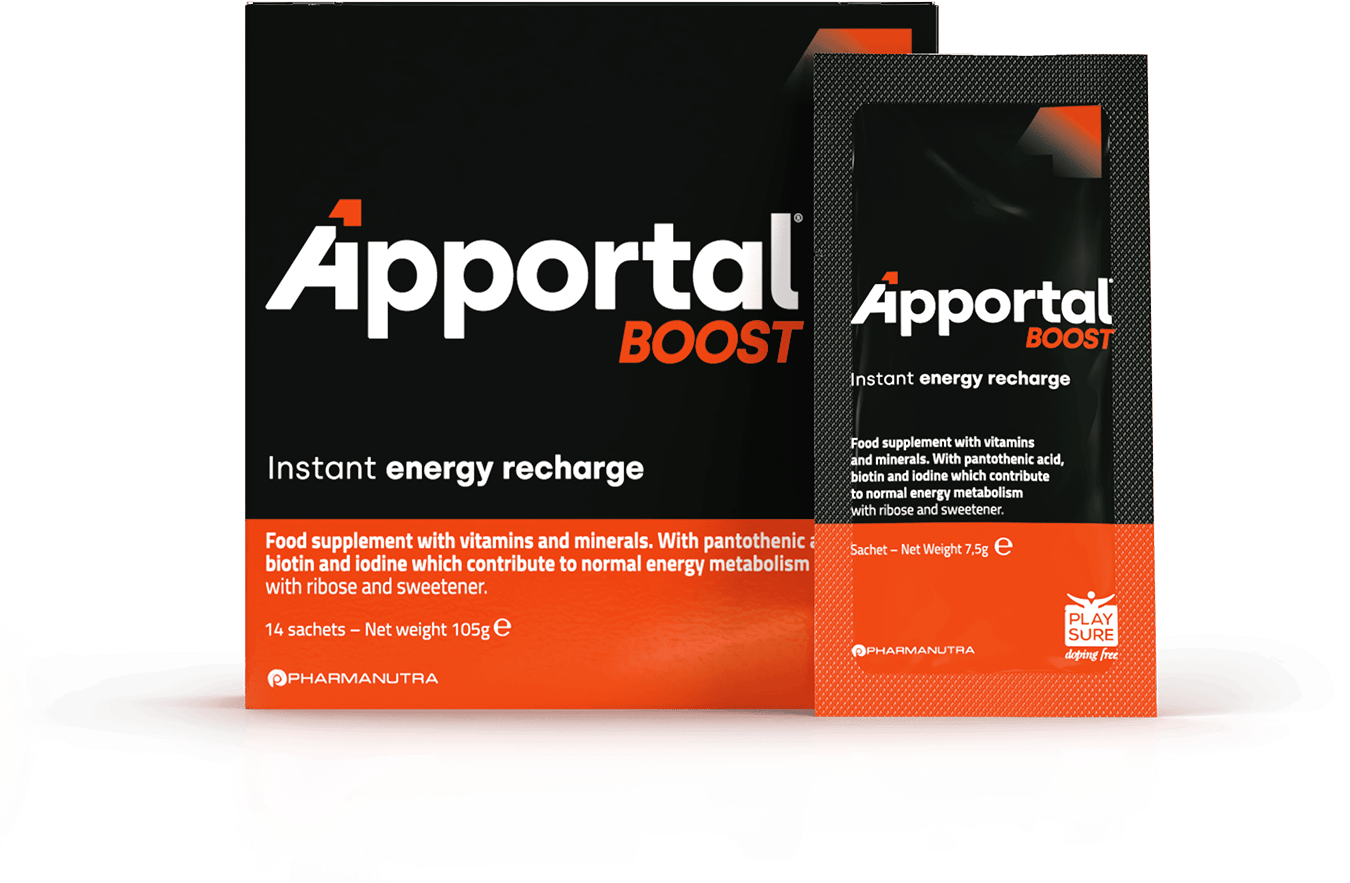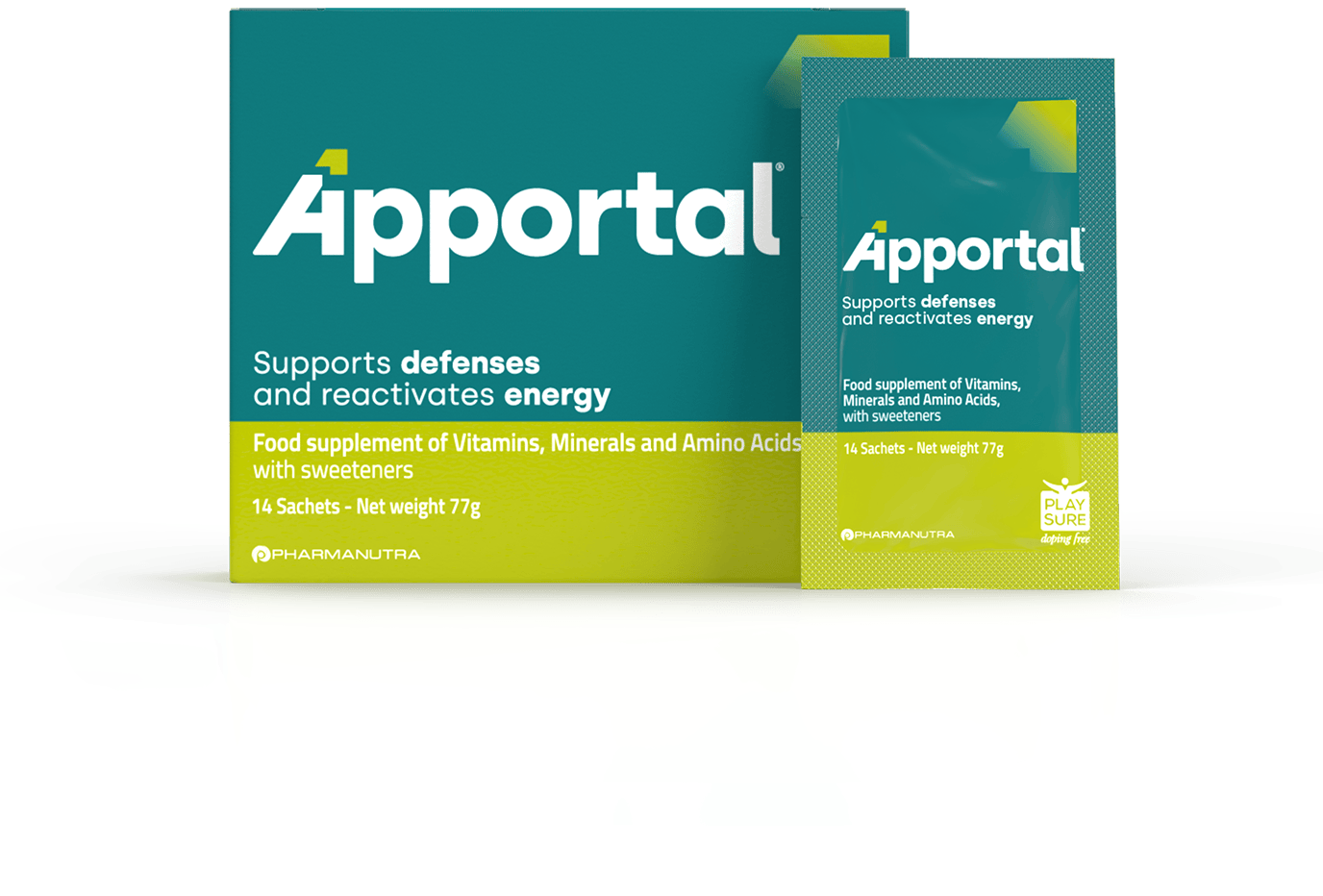Muscle health is fundamental not only for competitive sports players but for everyone. Muscle tissue is not only fundamental for ensuring correct movement but also for ensuring optimal functioning of the endocrinal system. Muscles can to all extents and purposes be considered an actual organ.
Advice for healthy muscles
A healthy diet and appropriate hydration are the starting points for a healthy body. Muscles are no exception: they need liquids and micronutrients to function correctly. In addition to this, here is a short guide to looking after your muscles.
- Avoid a sedentary lifestyle, and if possible alternate different types of physical activity, without focusing on a single part of the body. For example, if your favourite activity is walking, it is better to include a training session that focuses more on the upper part of the body.
- Sport is fine, but don’t overdo it: always plan training sessions considering the importance of muscle recovery.
- Never forget the importance of massages done by professionals who know how to deal with stiff muscles and contractures.
- Sleep! Indeed: while sleeping, the muscles have time to regenerate, as GH is released (the “growth hormone” that stimulates tissue growth, including muscle tissue).
Fundamental vitamins and minerals for muscles
The body produces the energy it needs from food, and so a healthy, varied and balanced diet has more chance of assuring a generally high quality of overall health.
These are the micronutrients needed to strengthen the muscles:
Iron: essential for many body functions, and also carries oxygen to the active muscles.
Magnesium: it is indispensable for energy production, and when talking about muscles, it is precisely magnesium that supports muscle contraction and relaxation.
Selenium: the highest concentration of selenium in the human body can be found in the skeletal muscles, and it is fundamental for defending the cells from oxidative damage.
Group B vitamins: necessary for releasing energy into the body, repairing tissues and producing red blood cells. They are therefore fundamental for keeping the muscles in good health, especially when doing sports.
Vitamin C: it has a huge antioxidant power and is therefore of vital importance for protecting the cells in the muscles and indeed in the whole body.
Vitamin D: there is no well-being without this vitamin. This depends on the fact that it is involved in very many physiological processes, including the ability to increase muscle strength.
Arginine: it is able to improve muscle performance during sporting activities, protecting the muscle integrity and aiding recovery after physical effort.
Carnitine: it helps to feed the muscles, influencing their growth as it accelerates the transport of fatty acids to the muscles, where they are burned to obtain energy.
Strengthening the muscles: when to use supplements
Recourse to supplements for muscle strengthening helps in two main cases: firstly, after very intensive sporting activities and, in the same way, after significant loss of muscle tone due to prolonged periods of inactivity, convalescence or rest.
In both cases, the primary need is to restore optimal levels of muscle strength, and to do this it is possible to use nutritional supplements.
The formulation with vitamins and minerals contained in Apportal® supports muscle function, acting on the body to restore the ideal levels of strength and energy.







